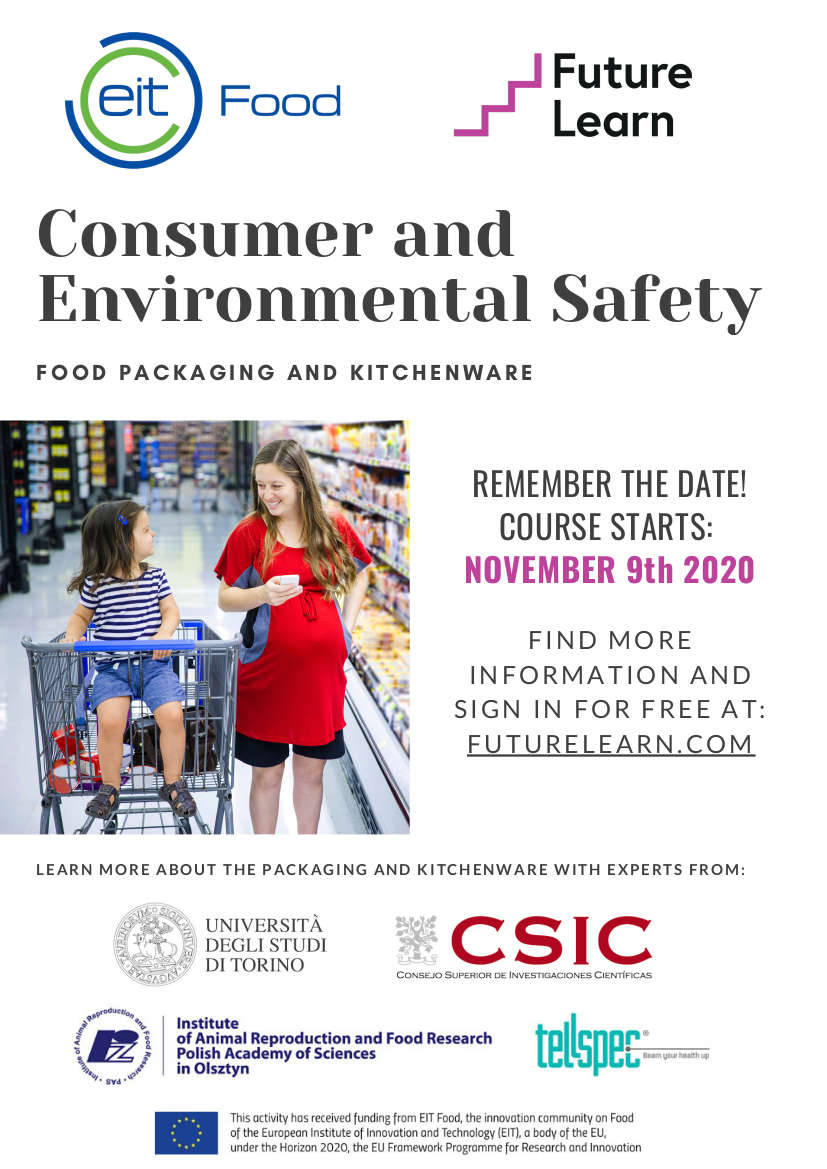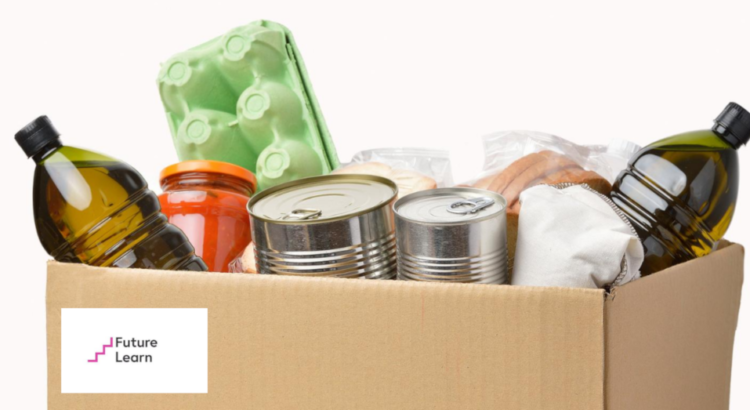Food safety is a highly controlled in the European Union. One aspect that is often underestimated is the migration of chemicals from food contact materials and packaging into food and drinks that we consume daily. In particular, the chemicals that – at low doses and for extended time – may impact our vulnerable endocrine system. The effects become evident when we think about the reduced male fertility, the anticipated female puberty and the thyroid and metabolic disturbances on the rise in our societies.
The safety of chemicals present in packaging and contact materials also concerns the environment. They can directly alter natural reproductive cycles and the ecosystems, or can accumulate in non-recyclable forms, such as the plastics. People’s sensitivity to these issues is rising, and clarity is needed to better comprehend and face these current threats.
On November 9th, EIT Food-supported consortium of partners including the Institute of Animal Reproduction and Food Research PAS is launching a new interactive online course (MOOC) entitled: Consumers and Environmental Safety: Food Packaging and Kitchenware. The 5-week long course will be free of charge and run in English. last for 5-weeks, The MOOC is dedicated to the public at large, especially to consumers interested in the issues of potential health risks generated by food packaging and contact materials. The course will include video lessons, articles, interviews, lab visits, discussions and activities for the students.
The course is prepared by the experts from the University of TORINO (Italy), IATA-CSIC (Spain), Institute of Animal Reproduction and Food Research PAS and TellSpec Ltd. (UK).
The course will definitely be of interest to consumers who pay attention to the chemicals we are exposed to and the potential threat these may pose to our health and the environment. The course is also ideal for workers of the food/drink production chain, investors who seek for eco-friendly and natural materials, high-school and university students, researchers in chemistry, biology, epidemiology, endocrinology and paediatry.

